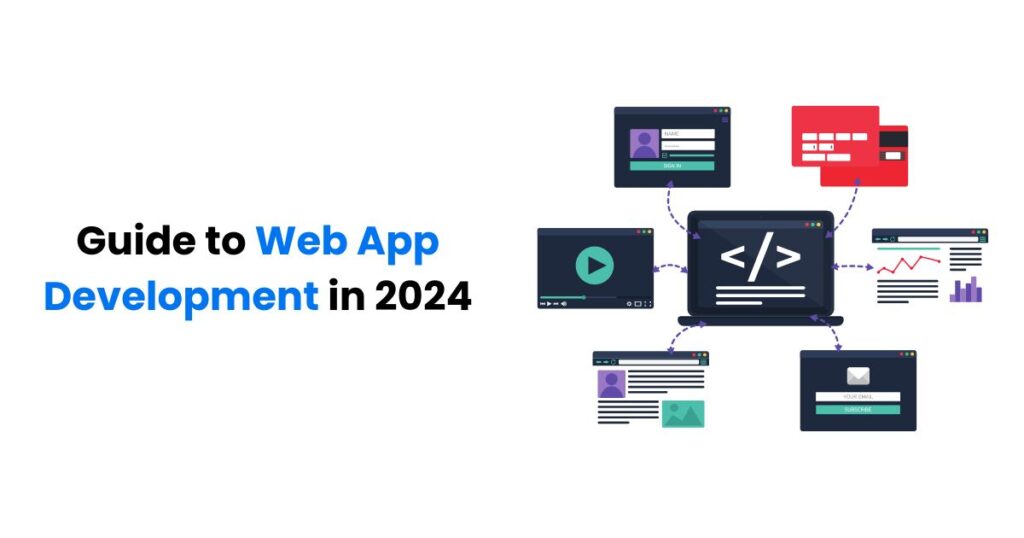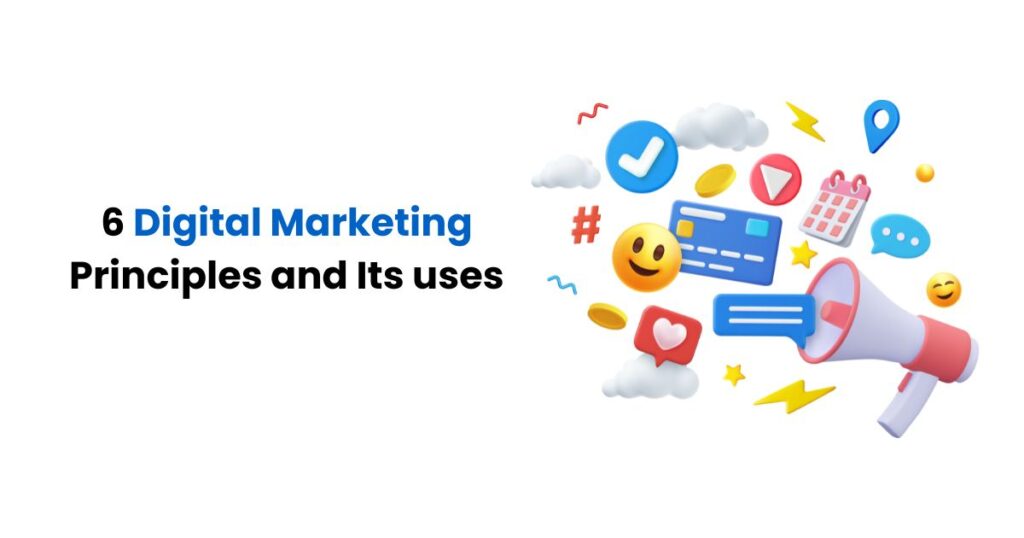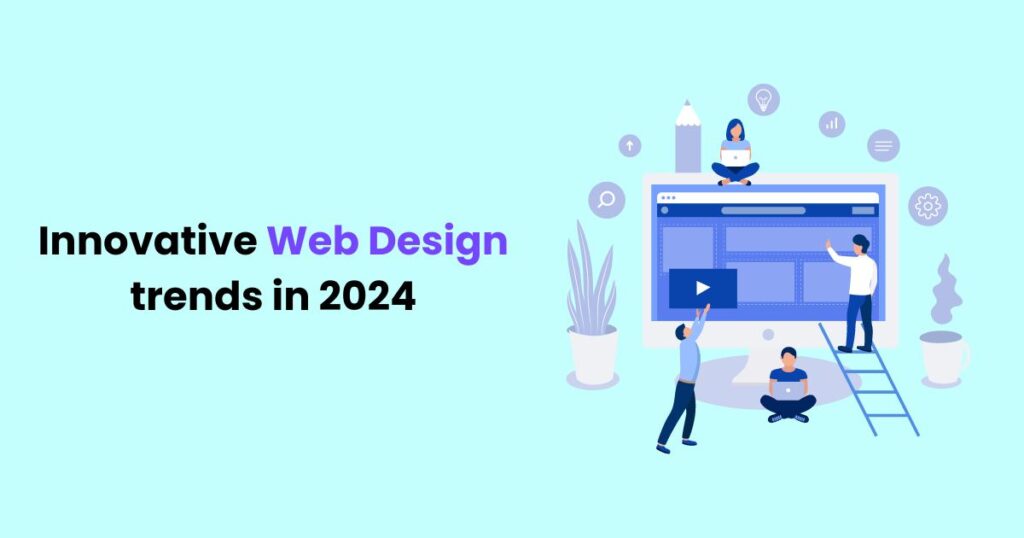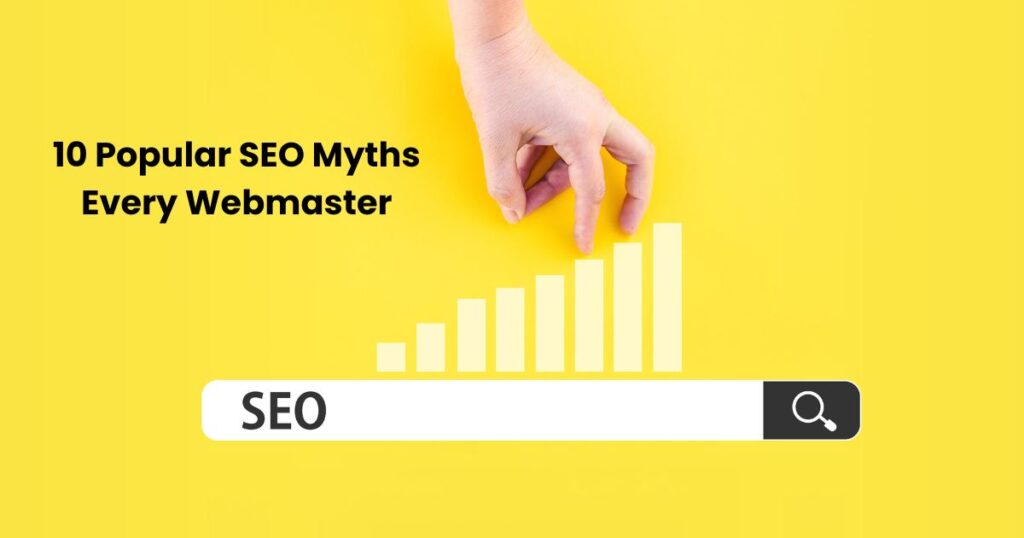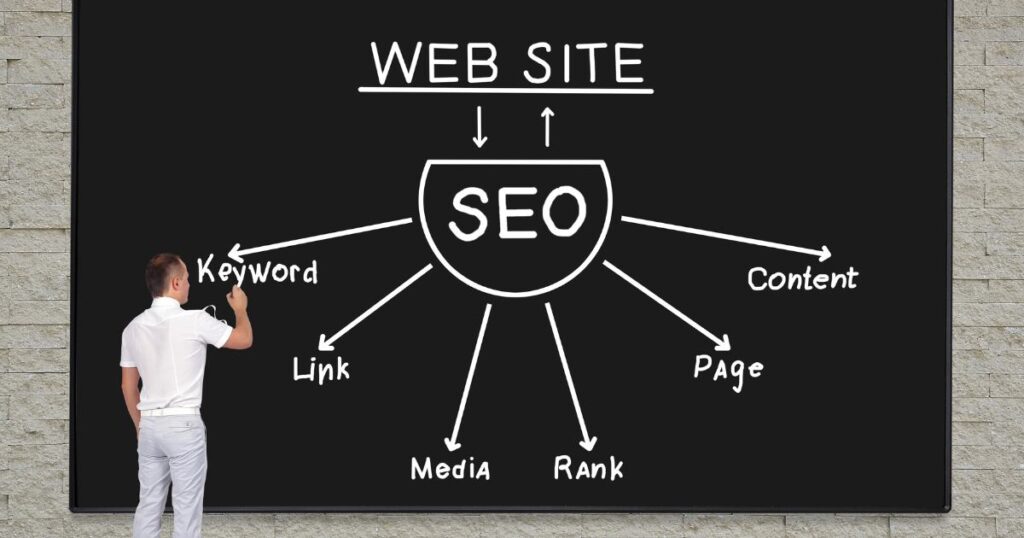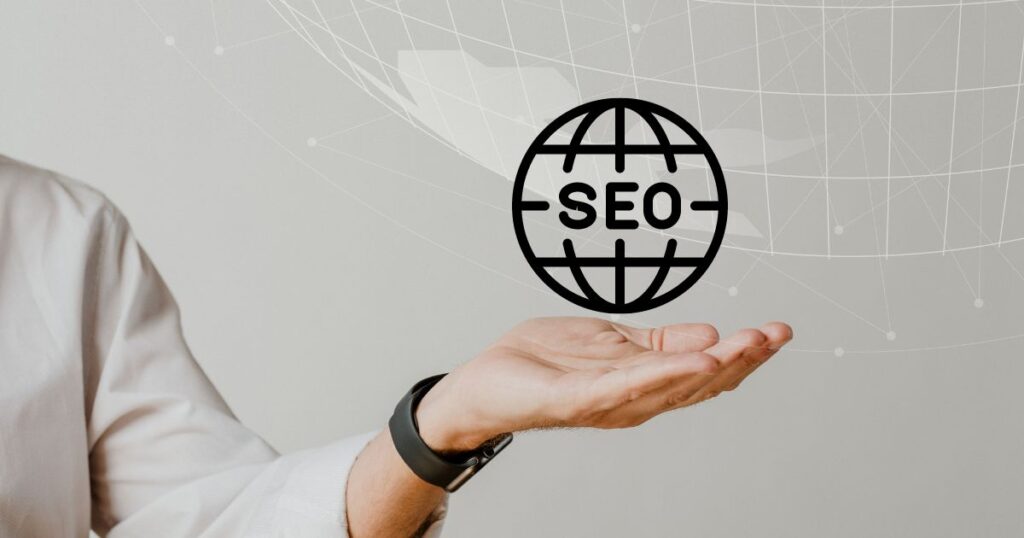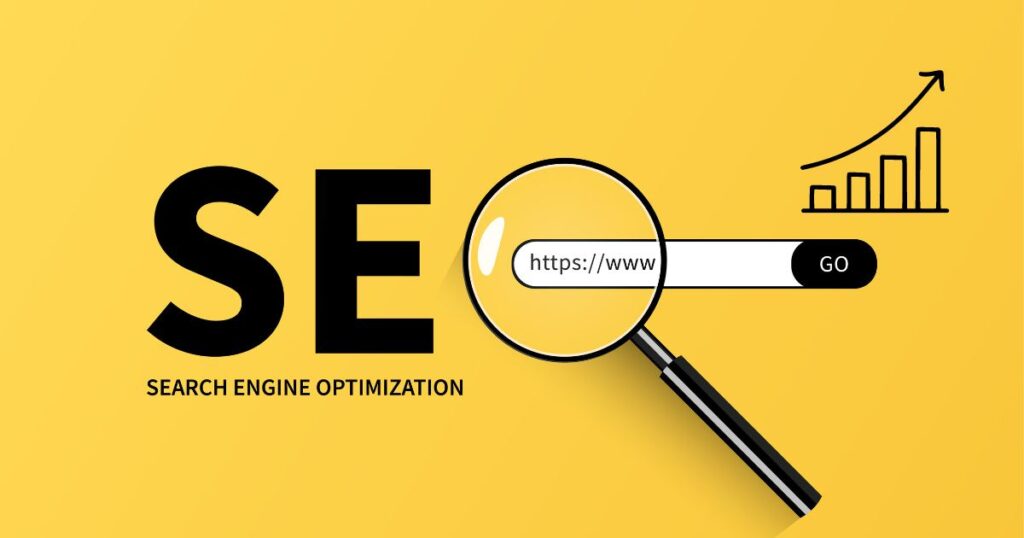The Impact of Page Speed on User Engagement and SEO
In the realm of digital landscapes, where every second counts and attention spans are fleeting, the speed at which your website loads plays a pivotal role in determining its success. Page speed, the time it takes for a web page to fully load, not only influences user experience but also holds significant sway over your website’s search engine rankings. In this comprehensive exploration, we delve into the critical connection between page speed, user engagement, and SEO (Search Engine Optimization), shedding light on how this often-overlooked factor can make or break your online presence.
Understanding Page Speed: Beyond Mere Seconds

Page speed isn’t just about seconds ticking away. It’s the difference between capturing a user’s attention and losing them to the abyss of slow-loading websites. A page that loads swiftly provides visitors with instant gratification, making them more likely to stay, interact, and convert. On the flip side, sluggish loading times lead to frustration, abandonment, and lost opportunities.
But the influence of page speed extends beyond user experience; it profoundly affects your website’s visibility on search engines like Google, Bing, and Yahoo.
The User Engagement Connection
User Engagement is the heart and soul of a successful online presence. It encompasses the actions users take on your website, such as clicking on links, interacting with content, and staying for extended periods. Page speed has a direct impact on user engagement:
Bounce Rate Reduction

Slow-loading pages contribute to a high bounce rate, where users leave the website without interacting further. A swift page speed reduces bounce rates, indicating that users are finding what they’re looking for and staying engaged.
Extended Time on Site
When pages load quickly, users are more likely to spend more time exploring your content, interacting with your offerings, and absorbing your message.
Higher Conversion Rates
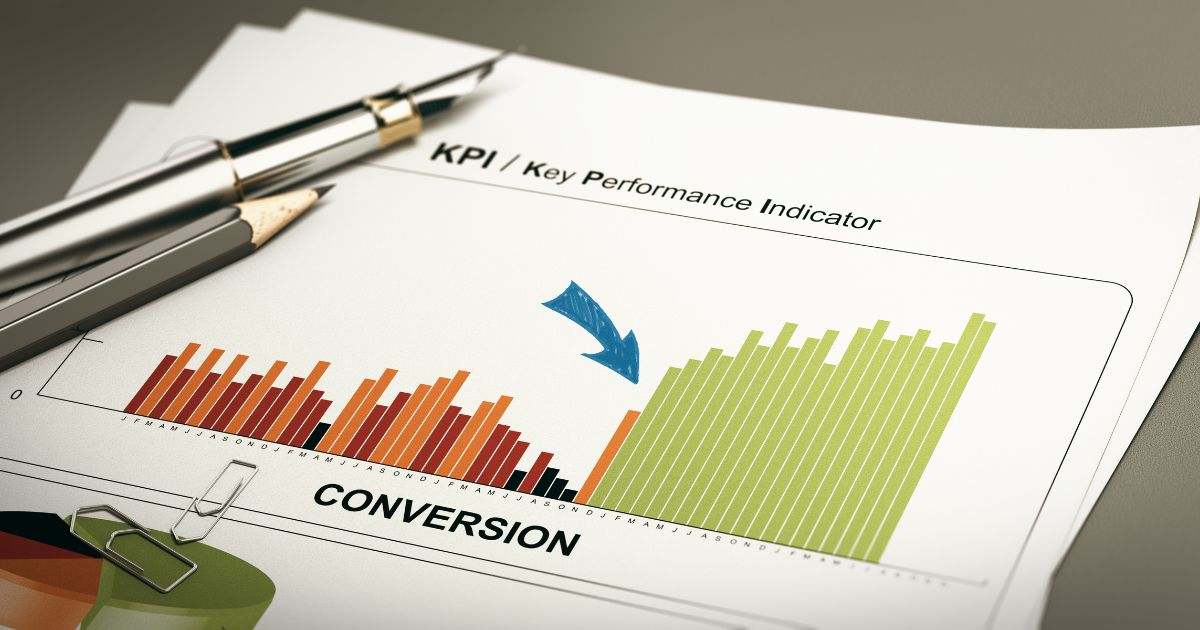
The smoother the user experience, the higher the chances of converting visitors into customers. A fast-loading website provides a seamless journey from landing to conversion, reducing friction along the way.
Enhanced User Satisfaction
A website that respects users’ time and delivers a smooth experience fosters satisfaction, brand loyalty, and positive word-of-mouth.
The SEO Nexus
The world of SEO is complex and ever-evolving, with numerous factors influencing search engine rankings. Page speed is one of these pivotal factors. Google’s algorithms consider page speed as a crucial element in determining how well your website ranks in search results. Here’s why:
Google’s Algorithm Update
Google’s algorithm update, known as the “Page Experience” update, integrates Core Web Vitals, which include page speed metrics. This signifies Google’s acknowledgment of the importance of user experience, with page speed playing a vital role.
Mobile-First Indexing

With the mobile-first indexing approach, Google assesses the mobile version of your site’s page speed for ranking purposes. Given the prominence of mobile usage, a fast-loading mobile site is essential.
Crawl Efficiency
Search engine crawlers have a finite amount of time to crawl and index websites. If your pages load slowly, search engines might not be able to crawl as many pages, potentially affecting the indexation of your content.
Bounce Rate and Dwell Time
Bounce rate and dwell time (how long users stay on your site) are SEO signals. Slow-loading pages contribute to high bounce rates and low dwell times, which can negatively impact your rankings.
Mobile-Optimized Pages

Google considers mobile-friendliness as a ranking factor. Slow-loading mobile pages not only deter users but also hinder your site’s chances of ranking higher.
The Professional SEO Services Angle
Engaging with professional SEO services adds a layer of expertise to your website’s optimization strategy, ensuring that page speed is not overlooked. These services include:
Technical Audit
SEO experts conduct technical audits to identify factors affecting page speed, such as large images, inefficient coding, and server performance.
Image Optimization
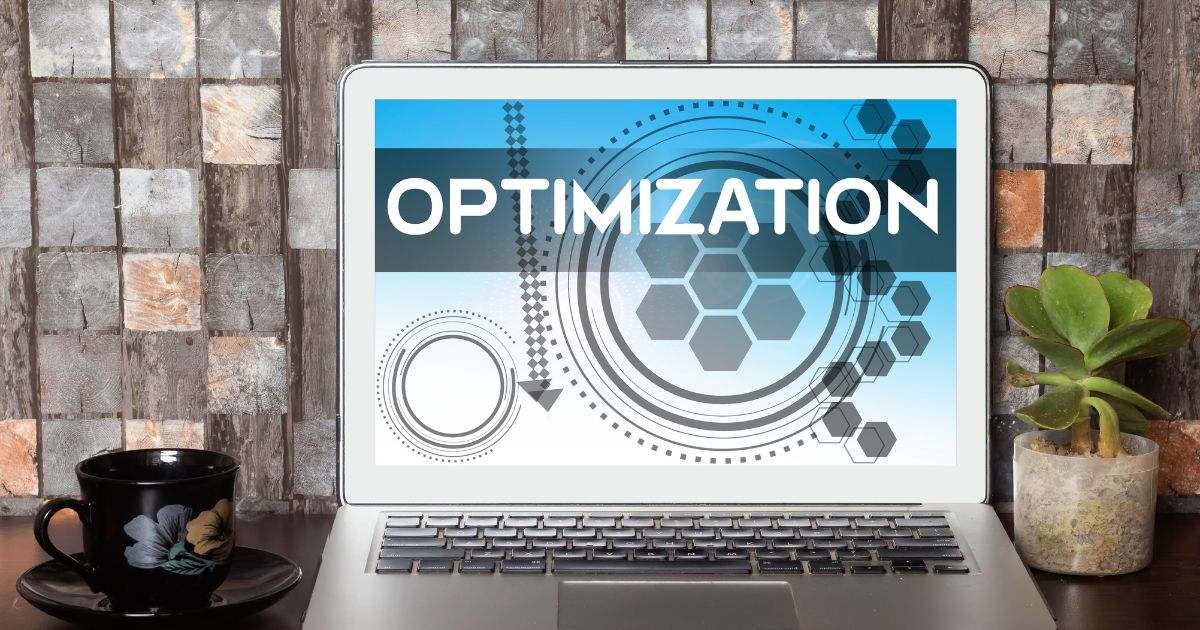
Images are often a prime culprit behind slow-loading pages. SEO professionals optimize images, compressing them without compromising quality.
Minification and Compression
Expert optimization involves minifying CSS, JavaScript, and HTML files and enabling browser compression for faster loading times.
Caching Strategies

Professional SEO services implement caching strategies to store elements of your website, reducing the need for repeated loading and enhancing speed.
Content Delivery Networks (CDNs)
CDNs distribute your website’s content across multiple servers worldwide, ensuring that users experience quicker loading times regardless of their geographical location.
Striking the Balance
Optimizing page speed isn’t about achieving a race to the bottom in loading times. It’s about finding the delicate balance between content richness and rapid loading. Here’s how:
Prioritize Critical Content
Load the most critical content first, allowing users to engage while the rest of the page loads in the background.
Lazy Loading

Implement lazy loading, where images and videos load as users scroll down, conserving initial load time.
Code Efficiency
Optimize your website’s code to reduce redundant elements and improve efficiency.
Server Performance

Invest in a robust hosting solution that can handle traffic spikes and deliver content swiftly.
Regular Monitoring
Continuously monitor your website’s speed using tools like Google PageSpeed Insights, GTmetrix, and Pingdom. Address any issues promptly.
In Conclusion
In the dynamic world of digital marketing, the trifecta of user engagement, SEO, and page speed is undeniable. The symbiotic relationship between these elements can elevate your online presence to new heights or lead to its downfall. Recognize that a fast-loading website isn’t just a convenience; it’s a necessity.
Engaging with professional SEO services ensures that your website’s page speed is not just a fleeting consideration but a core component of your optimization strategy. By focusing on user engagement and SEO through the lens of page speed, you craft an online experience that captivates users, pleases search engines, and positions your brand for success in a rapidly evolving digital landscape.


